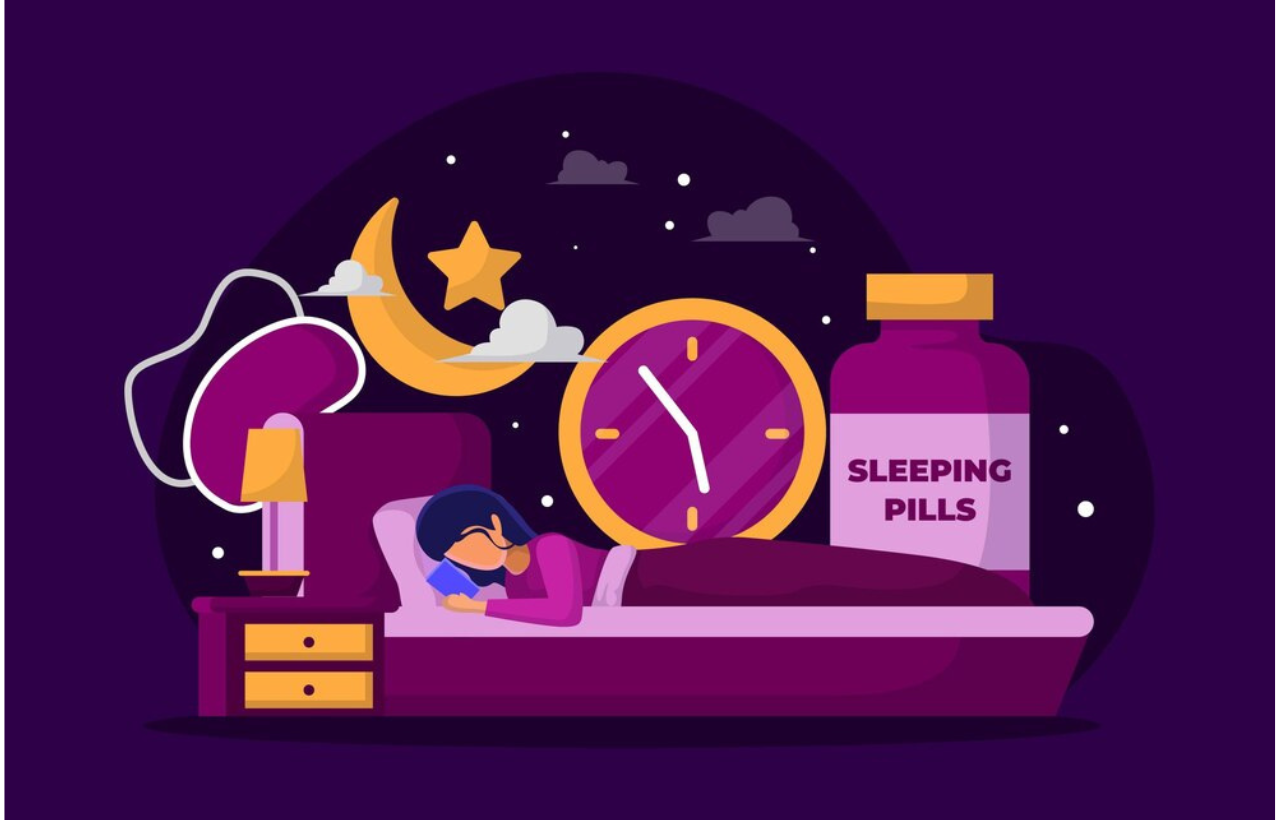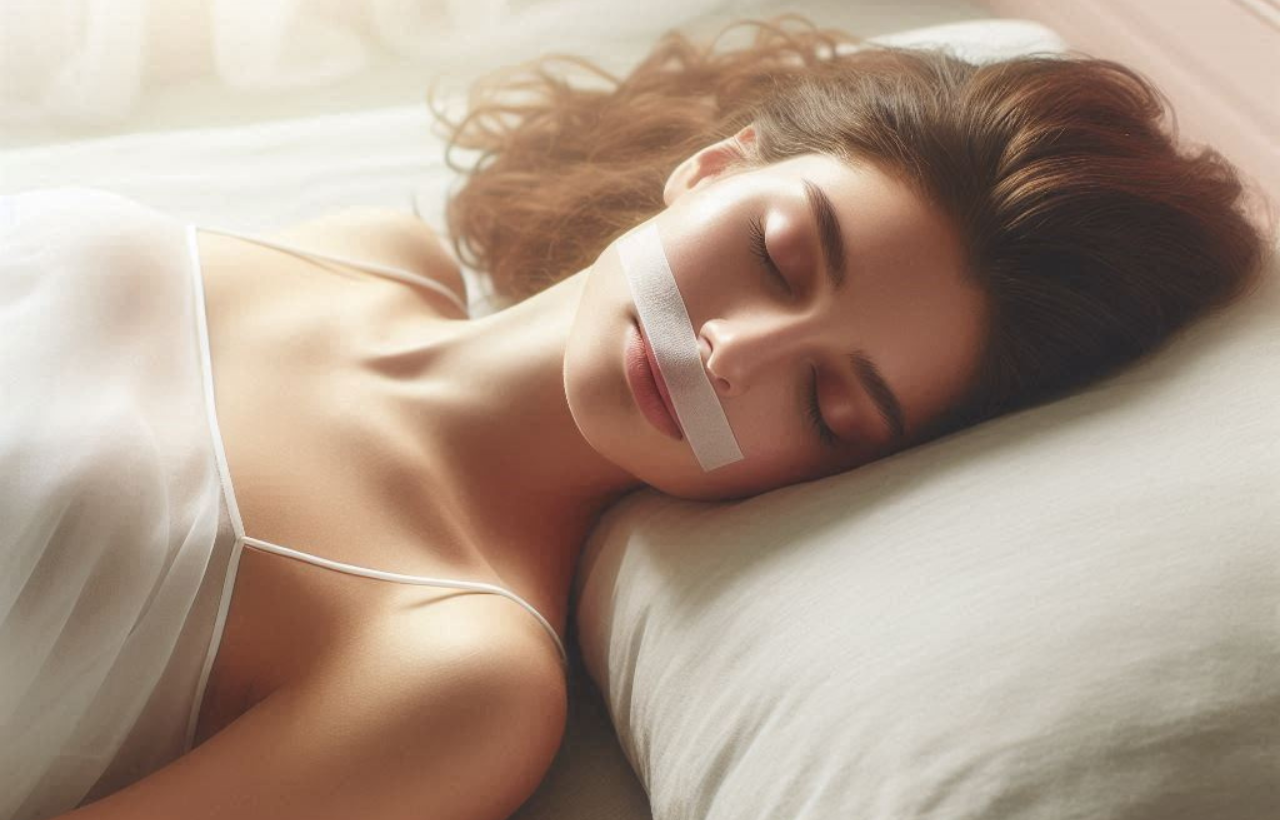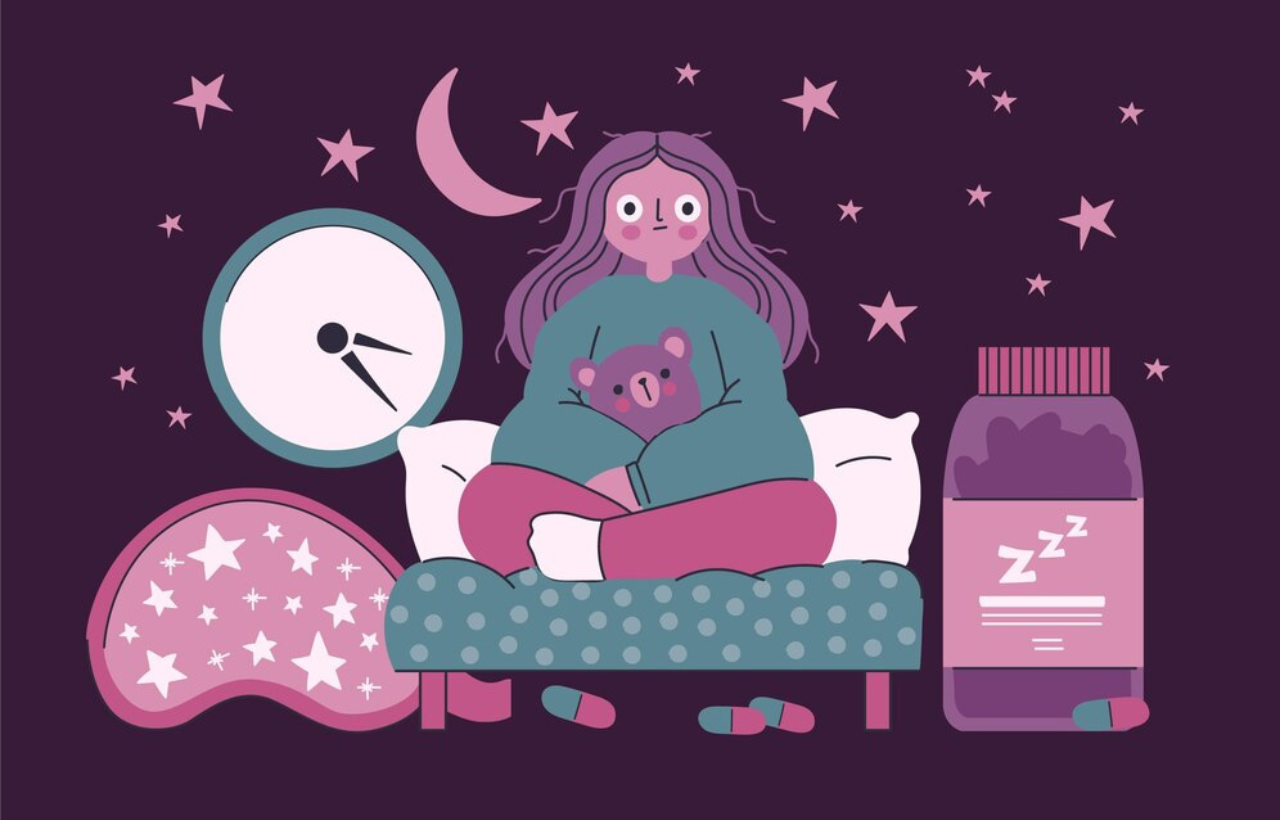Now Reading: Sleep Remedies That Could Backfire: 5 Myths to Avoid for Better Rest
- 01
Sleep Remedies That Could Backfire: 5 Myths to Avoid for Better Rest

Sleep Remedies That Could Backfire: 5 Myths to Avoid for Better Rest
Sleep is the holy grail of wellness, promising restoration, healing, and mental clarity. Yet, in our desperate quest for a good night’s rest, many of us fall prey to ineffective—and potentially harmful—sleep remedies. Have you ever wondered if some of these “solutions” are doing more harm than good? Today, we’re diving deep into five sleep remedies that could backfire, helping you navigate the complex world of sleep health with confidence and knowledge.
Why Not All Sleep Advice is Created Equal
Before we explore these risky remedies, it’s important to understand that sleep is a nuanced, individual experience. Have you ever tried a popular remedy that seemed to work for everyone else but left you tossing and turning? What works for one person might be disastrous for another. However, this journey through misconceptions isn’t about shame—it’s about empowering you to make informed decisions about your health.
1. Alcohol as a Sleep Aid: The Dangerous Nightcap Myth
Alcohol often appears in discussions about quick sleep remedies. But did you know it can actually sabotage your sleep quality? While a glass of wine might make you feel drowsy, its effects on sleep architecture tell a different story.
The Risks
- Fragmented Sleep Patterns: Alcohol reduces REM sleep, which is essential for memory consolidation and emotional processing.
- Increased Sleep Disruptions: As your body metabolizes alcohol, it causes frequent wake-ups and night sweats.
- Long-Term Health Risks: Regular use can lead to dependency and even liver damage over time.
Instead of reaching for a nightcap, why not try herbal teas like chamomile? They promote relaxation without compromising your sleep quality.
2. Over-the-Counter Sleep Medications: A False Sense of Security
Do you often rely on quick fixes like sleep medications to catch some Z’s? While these over-the-counter options may seem harmless, they come with hidden pitfalls.
The Risks
- Tolerance Development: Your body quickly adapts, requiring higher doses for the same effect.
- Daytime Drowsiness: Many medications leave you groggy and less alert the following day.
- Potential Dependency: Overuse can lead to physical and psychological dependence.
For example, creating a consistent sleep schedule or practicing relaxation techniques, like progressive muscle relaxation, can be far more effective in the long run.
3. Extreme Temperature Manipulation: The Hot and Cold Sleep Trap
Extreme temperature strategies are among the lesser-known sleep remedies that may not work as intended. Does soaking in a hot bath really help you sleep better?
The Risks
- Hot Baths Before Bed: While relaxing, they raise your core body temperature, making it harder to fall asleep.
- Freezing Rooms: Extremely cold environments can trigger a stress response, elevating cortisol levels and disrupting sleep.
Instead, aim for a comfortable room temperature and consider warming your feet with socks—this simple trick can encourage better blood circulation and help you sleep.
4. Smartphone “Sleep Aids”: The Blue Light Betrayal
Have you ever used a meditation app or sleep podcast, only to feel more restless? While they seem helpful, the electronic devices delivering them can work against you.
The Risks
- Blue Light Disruption: Screens emit blue light that suppresses melatonin, the hormone that regulates sleep.
- Mental Stimulation: Engaging with apps or podcasts might keep your brain active when it should be winding down.
However, you can avoid this pitfall by swapping screens for physical relaxation aids, like a good book or soft music.
5. Supplements Without Professional Guidance: The Unregulated Wild West
The supplement aisle is filled with promises, but do you really know what you’re taking? Without proper guidance, you might be putting yourself at risk.
The Risks
- Lack of Regulation: Many supplements aren’t FDA-approved and may contain unpredictable ingredients.
- Dosage Confusion: Incorrect amounts could lead to side effects, such as grogginess or worsened sleep issues.
Instead, focus on improving sleep hygiene—simple practices like consistent bedtimes and reduced caffeine intake can work wonders.
A Better Path to Restful Sleep
While some sleep remedies can backfire, evidence-based practices hold the key to better rest. Have you considered adopting these habits?
- Consistent sleep schedules
- Relaxing bedtime routines
- Regular exercise
- Limiting caffeine and screen time
In addition, consulting a healthcare professional for persistent issues ensures you’re on the right track.
When to Seek Professional Medical Help
Persistent or severe sleep disruptions may indicate underlying issues requiring professional attention. Symptoms like loud snoring, daytime fatigue, or chronic insomnia should prompt a visit to your doctor.
What to Expect
- Sleep studies to identify conditions like sleep apnea
- Review of medications and lifestyle factors
- Personalized treatment recommendations
Taking this proactive step ensures you’re addressing sleep challenges at their core.
Conclusion: Sleep Smarter, Not Harder
When it comes to sleep remedies, being informed is your best defense. Which of these myths have you encountered in your quest for better sleep? By choosing safer, evidence-based alternatives and consulting professionals when needed, you’re investing in long-term wellness and truly restful nights.
Disclaimer:
This article is for informational purposes only and not a substitute for professional medical advice. Always consult a healthcare provider before making significant changes to your sleep routine.











